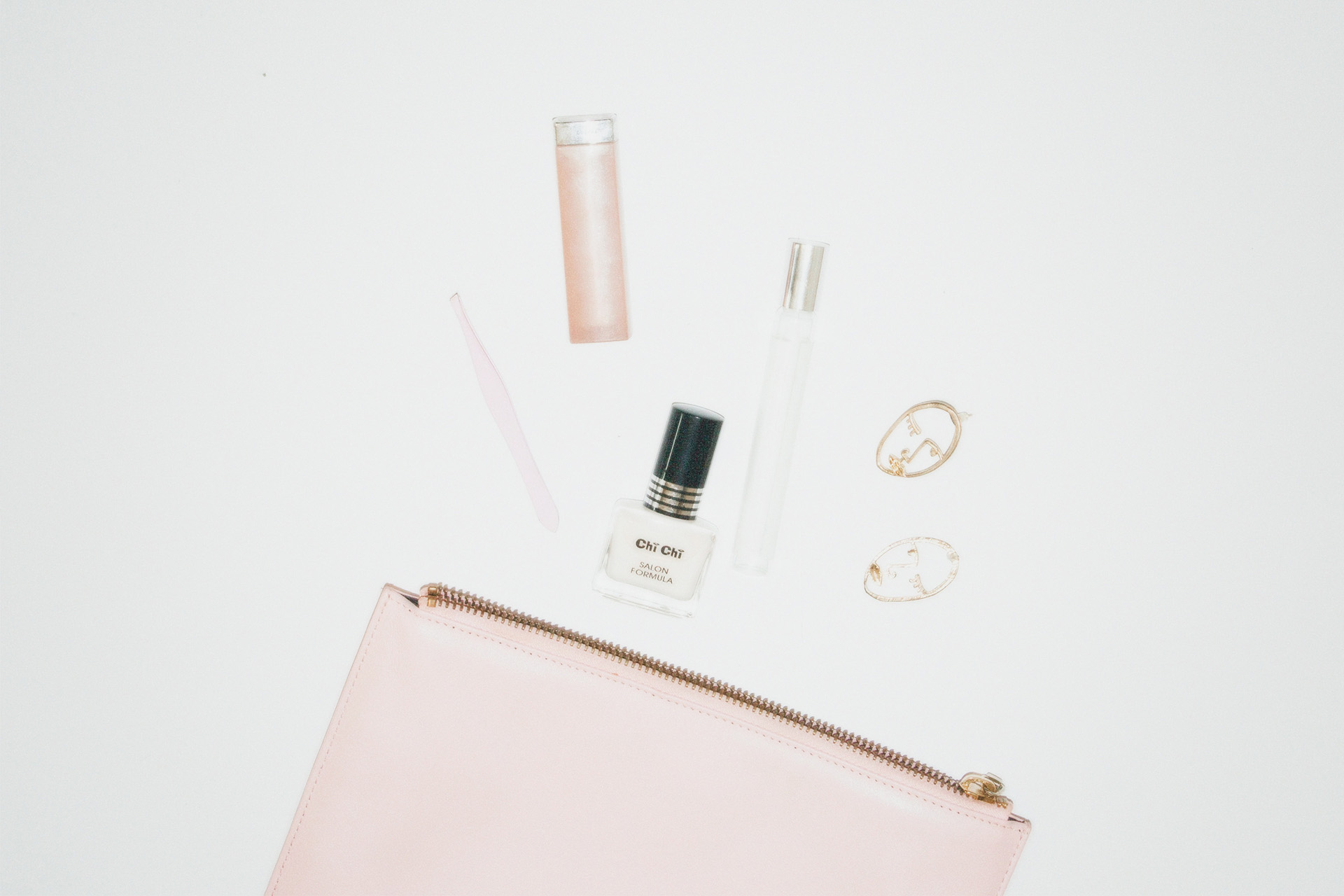In today’s world, cosmetic treatments have become increasingly popular, with many individuals seeking procedures to enhance their appearance and boost their confidence. While the physical benefits of cosmetic treatments are often discussed, it’s equally important to consider their impact on mental health. As a skincare expert and medical aesthetician, I understand the profound effects that looking good can have on feeling good. This article will explore the connection between cosmetic treatments and mental health, discussing both the positive and potential negative aspects, and offering insights into how to approach these treatments mindfully.
The Psychological Benefits of Cosmetic Treatments
Boosting Self-Esteem and Confidence
One of the most significant benefits of cosmetic treatments is the boost in self-esteem and confidence they can provide. For many individuals, physical appearance plays a crucial role in their self-perception and how they interact with the world. Procedures such as Botox, dermal fillers, and laser treatments can address concerns like wrinkles, fine lines, and skin imperfections, leading to a more youthful and radiant appearance. This enhancement can translate into increased confidence, which positively impacts social interactions, professional opportunities, and overall quality of life.
Reducing Anxiety and Depression
Cosmetic treatments can also play a role in reducing anxiety and depression. Individuals who are self-conscious about their appearance may experience significant stress and social anxiety. By addressing these concerns through cosmetic procedures, they often feel more comfortable in their skin, leading to reduced anxiety and improved mental well-being. For instance, treatments that address acne scars, pigmentation, or other skin issues can help individuals feel more confident and less self-conscious, thereby reducing symptoms of depression and anxiety.
Enhancing Social Interactions
Improved self-esteem and confidence can lead to more positive social interactions. When individuals feel good about their appearance, they are more likely to engage in social activities, form new relationships, and participate in community events. This increased social interaction can foster a sense of belonging and support, which is crucial for mental health. Furthermore, feeling attractive and confident can enhance romantic relationships and improve overall relationship satisfaction.
The Potential Negative Effects on Mental Health
Unrealistic Expectations
While cosmetic treatments can offer numerous benefits, they can also lead to unrealistic expectations. Some individuals may expect dramatic transformations and believe that a single procedure will solve all their self-esteem issues. When the results do not meet these high expectations, it can lead to disappointment, frustration, and even exacerbated mental health issues. It is crucial for practitioners to manage expectations and ensure that clients have a realistic understanding of what cosmetic treatments can achieve.
Dependency and Body Dysmorphic Disorder (BDD)
There is a risk that individuals may become overly reliant on cosmetic treatments to maintain their self-esteem and confidence. This dependency can lead to frequent and unnecessary procedures, potentially causing physical harm and financial strain. In some cases, this behavior may be indicative of Body Dysmorphic Disorder (BDD), a mental health condition where individuals obsess over perceived flaws in their appearance. People with BDD may seek multiple cosmetic treatments to fix these perceived flaws, but often remain dissatisfied with the results. It is essential for practitioners to recognize the signs of BDD and refer clients to mental health professionals when necessary.
Social Pressure and Cultural Influences
The societal pressure to conform to beauty standards can negatively impact mental health. Media portrayals of ideal beauty can create unrealistic and unattainable standards, leading individuals to seek cosmetic treatments to fit these norms. This pressure can cause anxiety, depression, and a negative self-image. It is important for individuals to understand that true beauty comes in all shapes and sizes and that cosmetic treatments should be pursued for personal satisfaction rather than societal approval.
Balancing Physical and Mental Well-Being
Informed Decision-Making
To ensure that cosmetic treatments positively impact mental health, it is crucial to make informed decisions. Researching procedures, understanding the risks and benefits, and consulting with qualified professionals can help individuals make choices that align with their personal goals and well-being. Practitioners should provide comprehensive information and support to their clients, helping them navigate the decision-making process.
Setting Realistic Goals
Setting realistic goals is essential for achieving satisfaction with cosmetic treatments. Understanding that these procedures can enhance but not perfect one’s appearance is key. Practitioners should work with clients to set achievable goals and provide a clear understanding of the expected outcomes. This approach helps manage expectations and reduces the likelihood of disappointment.
Emotional Support and Counseling
Emotional support and counseling can play a significant role in the cosmetic treatment journey. Practitioners should assess their clients’ mental health and provide referrals to therapists or counselors if needed. This support can help individuals address underlying self-esteem issues, manage anxiety, and develop a healthy relationship with their appearance. Counseling can also assist in coping with any negative feelings that may arise from the cosmetic treatment process.
Post-Treatment Care
Post-treatment care is vital for both physical and mental well-being. Following the procedure, practitioners should offer guidance on recovery and managing expectations. Regular follow-up appointments can help monitor progress and address any concerns. Providing a supportive environment where clients can discuss their experiences and feelings is crucial for their overall satisfaction and mental health.
Real-Life Stories: The Transformative Power of Cosmetic Treatments
Case Study 1: Boosting Confidence through Botox
Jane, a 45-year-old professional, struggled with deep forehead lines that made her feel self-conscious during presentations at work. After receiving Botox injections, Jane noticed a significant improvement in her appearance and experienced a boost in confidence. She felt more assertive and comfortable speaking in front of colleagues, which positively impacted her career progression. Jane’s story highlights how addressing specific cosmetic concerns can lead to enhanced self-esteem and professional success.
Case Study 2: Overcoming Acne Scars with Laser Treatments
Michael, a 30-year-old marketing executive, had struggled with acne scars since his teenage years. The scars affected his self-confidence and social interactions. After undergoing a series of laser treatments, Michael’s skin texture improved dramatically. He felt more comfortable in social settings and experienced reduced anxiety. Michael’s experience demonstrates the potential of cosmetic treatments to improve not only physical appearance but also mental well-being.
Case Study 3: Addressing Body Dysmorphic Disorder
Sarah, a 28-year-old teacher, had undergone multiple cosmetic procedures to correct perceived flaws in her appearance. Despite these treatments, she remained dissatisfied and continued to obsess over her looks. Sarah’s practitioner recognized the signs of Body Dysmorphic Disorder and referred her to a mental health professional. Through therapy, Sarah learned to address her underlying self-esteem issues and develop a healthier relationship with her appearance. Sarah’s journey underscores the importance of recognizing and addressing mental health conditions in the context of cosmetic treatments.
Conclusion: Achieving a Balance
Cosmetic treatments can have a profound impact on mental health, offering benefits such as increased self-esteem, reduced anxiety, and enhanced social interactions. However, it is essential to approach these treatments with realistic expectations and an understanding of potential risks. By making informed decisions, setting achievable goals, and seeking emotional support, individuals can achieve a balance between physical enhancement and mental well-being. As a skincare expert and medical aesthetician, my goal is to help clients navigate their cosmetic treatment journeys with confidence and care, ensuring that they not only look their best but also feel their best.



